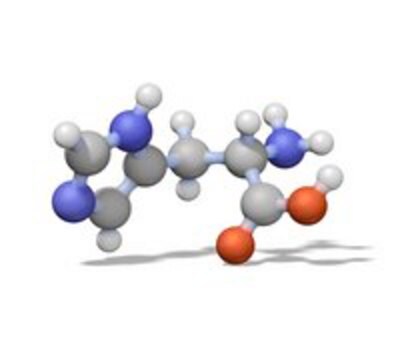T7659
Trypsin Inhibitor, Defined (1X) Solution
Animal component free, BioReagent, suitable for cell culture
About This Item
Empfohlene Produkte
Qualitätsniveau
Sterilität
sterile-filtered
Produktlinie
BioReagent
Form
solution
Methode(n)
cell culture | mammalian: suitable
Versandbedingung
dry ice
Lagertemp.
−20°C
Anwendung
Physikalische Form
Rekonstituierung
Sie haben nicht das passende Produkt gefunden?
Probieren Sie unser Produkt-Auswahlhilfe. aus.
Signalwort
Danger
H-Sätze
Gefahreneinstufungen
Resp. Sens. 1 - Skin Sens. 1
Lagerklassenschlüssel
12 - Non Combustible Liquids
WGK
WGK 2
Flammpunkt (°F)
Not applicable
Flammpunkt (°C)
Not applicable
Persönliche Schutzausrüstung
Eyeshields, Gloves, multi-purpose combination respirator cartridge (US)
Analysenzertifikate (COA)
Suchen Sie nach Analysenzertifikate (COA), indem Sie die Lot-/Chargennummer des Produkts eingeben. Lot- und Chargennummern sind auf dem Produktetikett hinter den Wörtern ‘Lot’ oder ‘Batch’ (Lot oder Charge) zu finden.
Besitzen Sie dieses Produkt bereits?
In der Dokumentenbibliothek finden Sie die Dokumentation zu den Produkten, die Sie kürzlich erworben haben.
Kunden haben sich ebenfalls angesehen
Protokolle
Natural trypsin Inhibitors also known as serine protease inhibitors (serpins) are the largest and most diverse family of protease inhibitors. Serpins control the activation and catabolism of proteins by the inhibition of serine proteases in vivo.
Unser Team von Wissenschaftlern verfügt über Erfahrung in allen Forschungsbereichen einschließlich Life Science, Materialwissenschaften, chemischer Synthese, Chromatographie, Analytik und vielen mehr..
Setzen Sie sich mit dem technischen Dienst in Verbindung.






